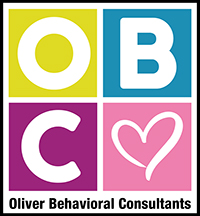Obsessive Compulsive Disorder
Obsessive-Compulsive Disorder (OCD) is a mental health condition characterized by persistent, intrusive thoughts, known as obsessions, that trigger repetitive behaviors or mental acts, called compulsions. Picture a mental game of “what if” where worries about harm, contamination, or orderliness become overpowering, leading to a need for specific rituals or routines to alleviate anxiety.
Obsessions are unwanted and distressing thoughts, images, or urges that repeatedly invade a person’s mind. Compulsions, on the other hand, are rituals or behaviors performed to reduce the anxiety caused by these obsessions, even though they may not be logically connected.
For instance, someone with OCD might have obsessive fears of germs and repeatedly wash their hands to the point of rawness. Others may feel compelled to check things repeatedly or arrange items in a specific order to prevent a feared event from happening.
Understanding OCD involves recognizing that these thoughts and behaviors are driven by anxiety and not simply personal preferences. OCD can significantly impact daily life, relationships, and overall well-being. However, effective treatments, including therapy and medication, are available to help manage symptoms.
Support from friends, family, and mental health professionals is crucial for individuals with OCD. With understanding and appropriate interventions, individuals with OCD can lead fulfilling lives, learning to navigate and cope with their thoughts and compulsions in healthier ways.
